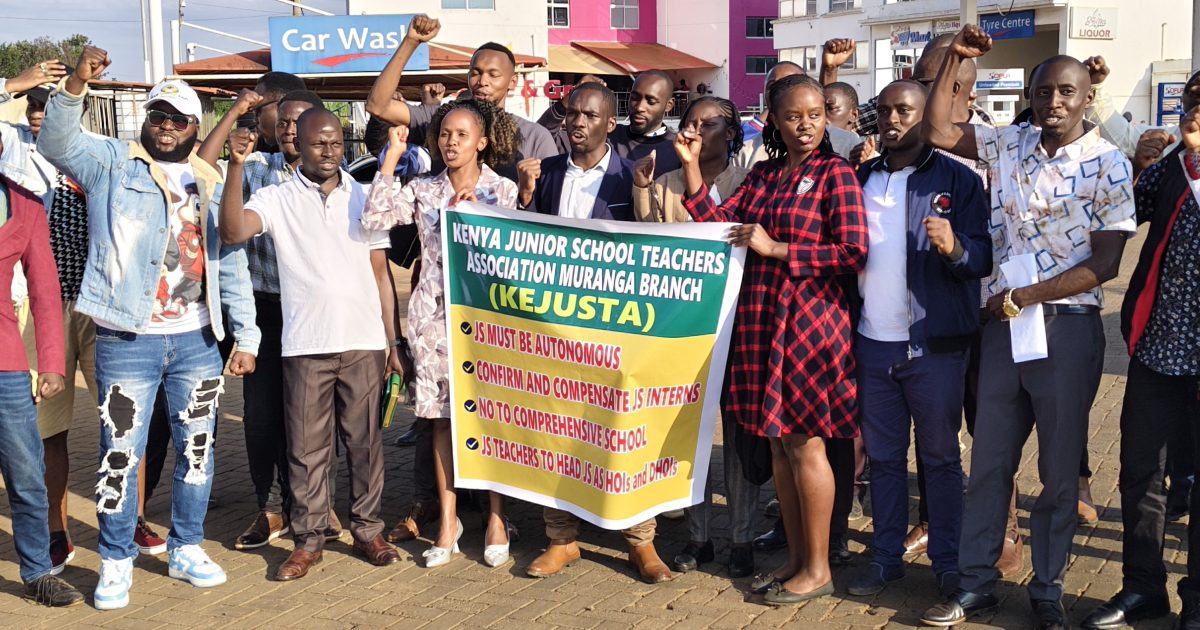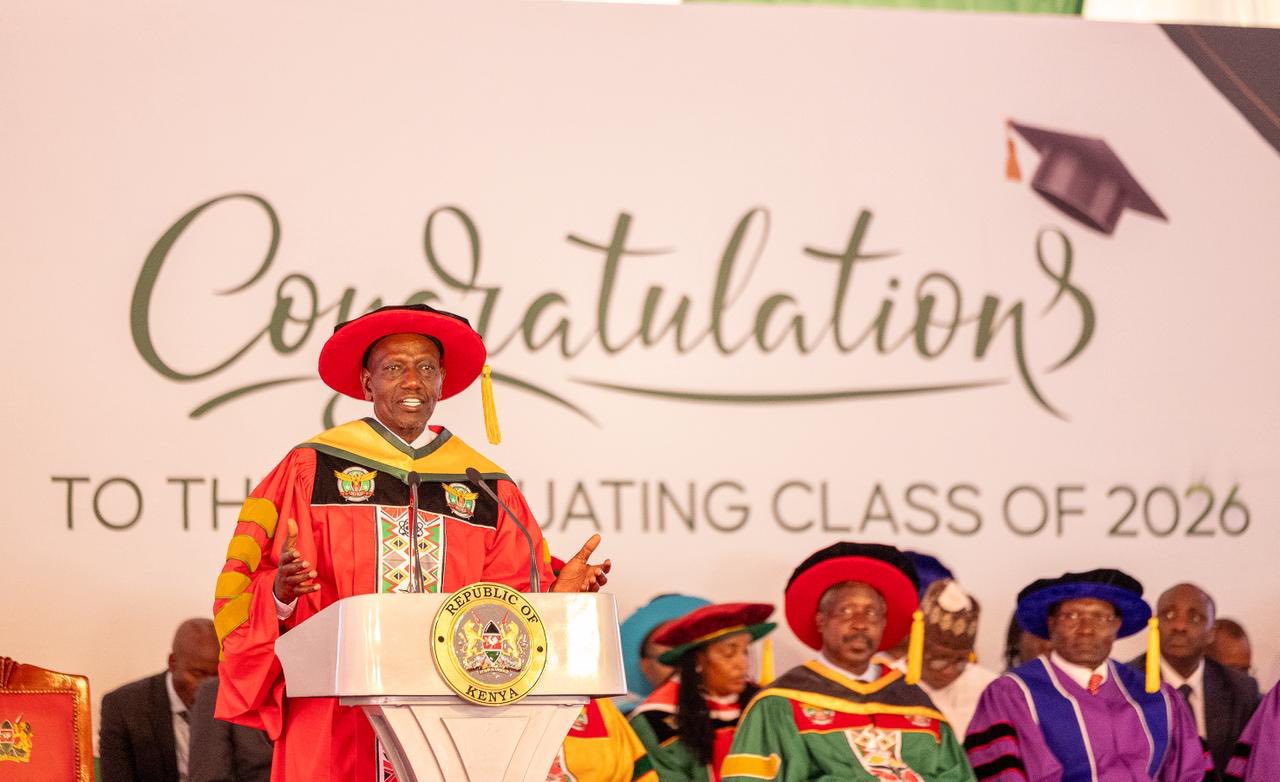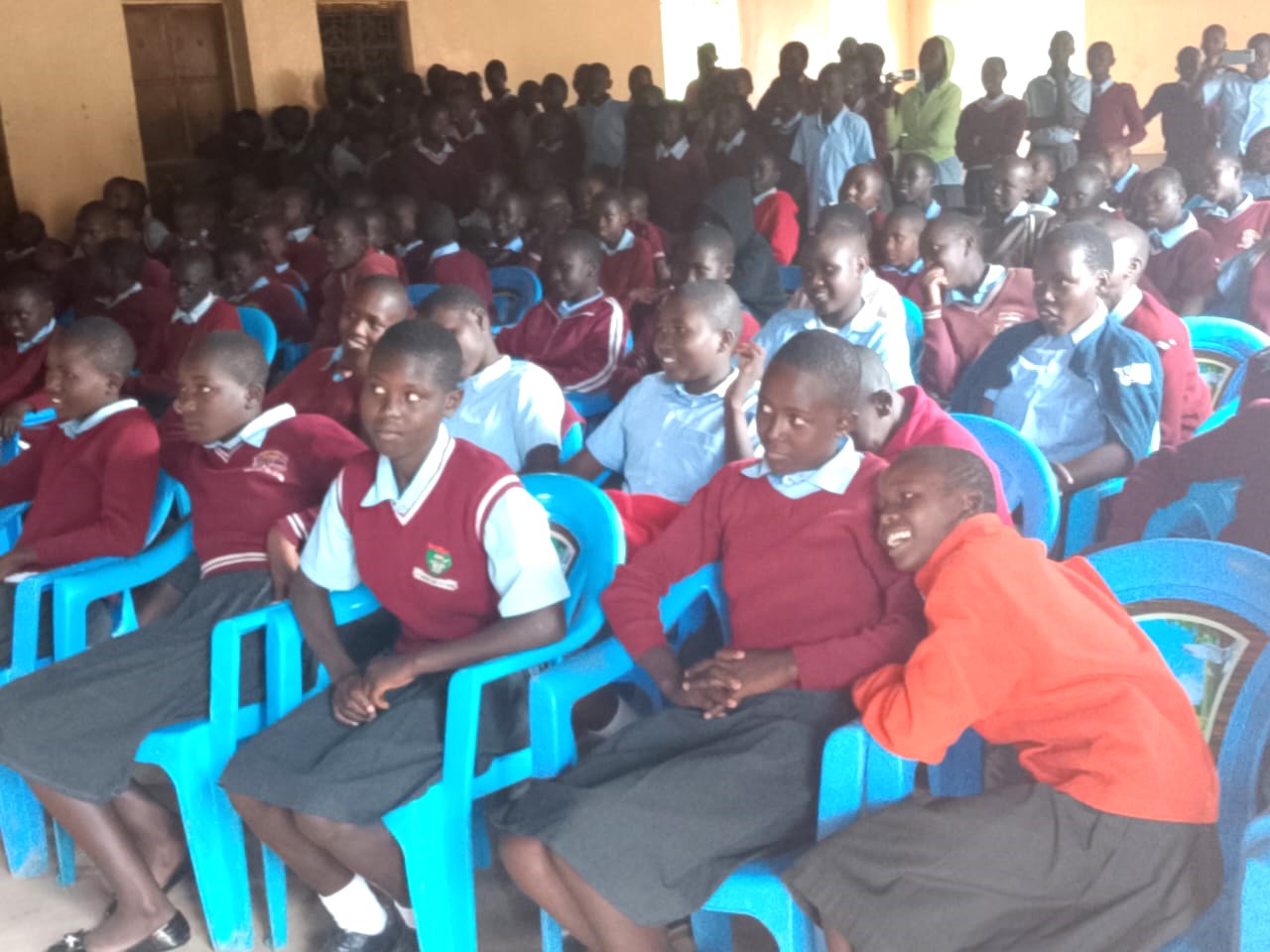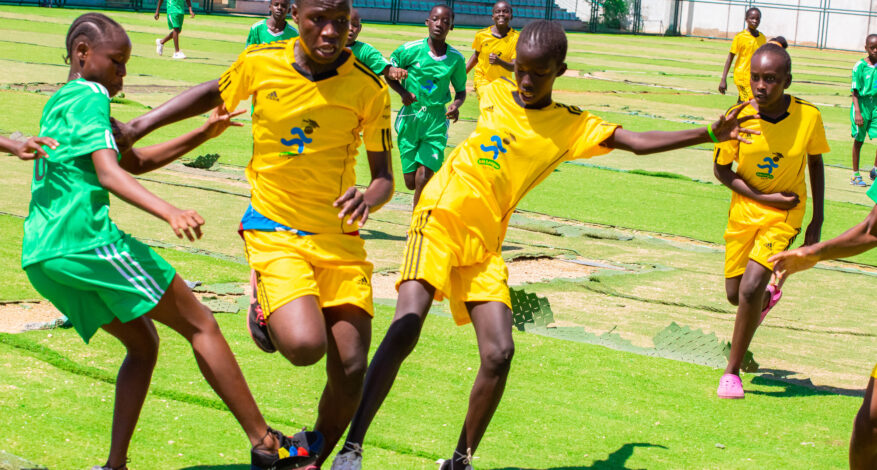The Kenya Junior School Teachers Association (KEJUSTA) has accused the Kenya National Union of Teachers (KNUT) of diverting attention from the real issues affecting Junior Secondary School (JSS) teachers and learners.
In a statement, KEJUSTA Chairperson James Evans Odhiambo condemned what he termed as KNUT’s “diversionary tactics,” saying they undermine efforts to address the pressing challenges within the JSS system.
Odhiambo noted that adolescents in Junior Secondary Schools are navigating a critical stage of social, emotional, and academic development and require specialized support.
He said instead of focusing on internal union politics, attention should be directed towards solving problems such as inadequate learning resources, overcrowded classrooms, and delayed teacher welfare.
“KNUT’s distractions ignore urgent issues such as lack of resources, congested learning environments, and delayed teacher welfare,” Odhiambo said.
He added, “Our focus should remain on improving the quality of education and supporting the teachers who make it possible.”
The association expressed concern over the practice of mixing JSS adolescents with primary school pupils during school assemblies, despite significant differences in lesson times, learning methods, and developmental stages.
KEJUSTA said such practices expose learners to unnecessary psychosocial risks and compromise the delivery of quality education.
ALSO READ:
Bomet teacher calls for urgent focus on mental health in schools to curb unrests, suicides
“The Constitution is clear that the best interests of learners must be prioritized,” the statement read. Combining JSS learners with primary pupils undermines the pursuit of quality education and ignores their unique developmental needs.”
KEJUSTA emphasized that safeguarding the interests of Junior Secondary learners requires the recognition of JSS as a distinct and autonomous level of education.
The association maintained that creating a clear administrative and operational boundary between primary and junior secondary is essential to ensure academic, emotional, and social growth among adolescents.
Odhiambo urged education stakeholders to focus on constructive dialogue and long-term solutions rather than blame games.
He said KEJUSTA remains committed to advocacy and engagement that promote the holistic development of every learner while protecting the rights and welfare of teachers.
“We call upon all stakeholders to focus on solutions that protect our learners, support teachers, and uphold the integrity of Junior Secondary Education,” he added.
KEJUSTA pledged to continue working with education partners to ensure effective policy implementation and safeguard the quality of learning in all Junior Secondary Schools across the country.
By Our reporter
You can also follow our social media pages on Twitter: Education News KE and Facebook: Education News Newspaper for timely updates.
>>> Click here to stay up-to-date with trending regional stories
>>> Click here to read more informed opinions on the country’s education landscape






